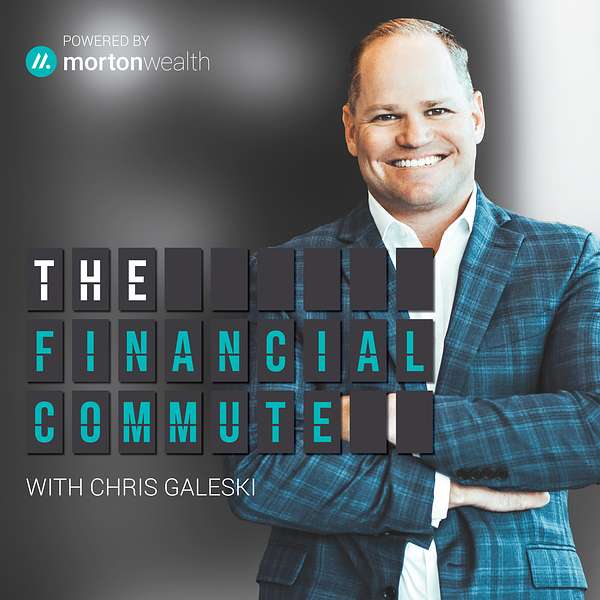
THE FINANCIAL COMMUTE
Hosted by Wealth Advisor Chris Galeski, THE FINANCIAL COMMUTE is a weekly podcast that gives the rundown on what's going on in the current market, how it affects you, and what you can do about it – all designed to fit into your commute. Each week Chris welcomes an expert guest, including Morton Wealth advisors, fund managers, and investment analysts, to break down complex financial topics. Our goal for this podcast is to provide you with the tools to help you navigate this challenging environment, leading to a path of more confident investing.
THE FINANCIAL COMMUTE
RMDs Explained: How, When & Why They Matter
Use Left/Right to seek, Home/End to jump to start or end. Hold shift to jump forward or backward.
On this week's episode of THE FINANCIAL COMMUTE, Financial Planning Advisor Brittany Yudkowsky joins Chris to talk about RMD planning.
• Required Minimum Distributions (RMDs) must start by age 73.
• Strategies like Roth conversions can be used before reaching RMD age to reduce future taxable distributions.
• After age 70½, individuals can donate up to $108,000 (2025 limit) directly from their IRA to charity, reducing taxable income.
• Making large contributions to a donor-advised fund in high-income years can offset the tax impact of RMDs or Roth conversions.
• In the first year, you can delay your RMD until April 1 of the following year — but that means taking two RMDs in one year, possibly increasing taxes.
• If still working and participating in a 401(k) (and not a 5%+ owner of the company), you may be able to delay RMDs from that plan — but not from IRAs.
• If the RMD isn't needed for living expenses, options include reinvesting it in a trust account, using it for charitable giving, or funding experiences.
• You can take RMDs monthly, quarterly, or at the end of the year; spreading them out can ease market timing risks and prevent last-minute errors.